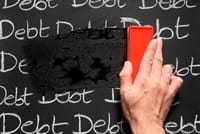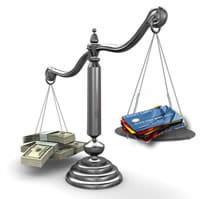I don’t know about you, but there seems to be more and more chemicals in my life. They are in the food we eat, the products we buy, in our home and everywhere else. It’s scary to me.
When I do som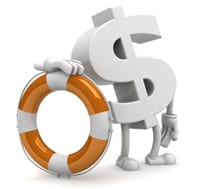 ething, I ten to jump in with both feet.
ething, I ten to jump in with both feet.
For our food, I cook most meals and purchase whole unprocessed foods for the meals I make. I tend to stick to the outer aisles of the grocery store buying more fruits, vegetables, meat and fish (more so than the processed ready to eat food in the aisles. We still have our garden in the warmer months for fresh just picked vegetables. I am experimenting more with new recipes / ideas to make. Are we perfect, no! But we are substantially better than a few years ago.
In our home, we have eliminated most toxic products in favor of healthier alternatives. Using vinegar, baking soda, Castile soap with essential oils does the trick in our house. Clean bathrooms, floors, counter tops and more with no more toxic fumes and they work great!
If you want to try or start, here are some great resources to learn more and to make your own products:
- Dr Josh Axe a great resource for living your life.
- Learn what’s in the food you might be eating, Food Babe
- Young Living Essential Oils** that can help you lead a healthier lifestyle.
For more resources, please visit my resource page on my website JillRussoFoster.com
What do you do in your household? Let me know
**If a link is an affiliate it will be clearly noted with ** so that you are aware that Jill Russo Foster may receive a percentage of the purchase price if you chose to buy the linked product. There is no difference in price to you.
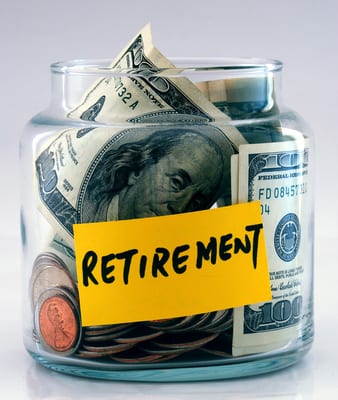
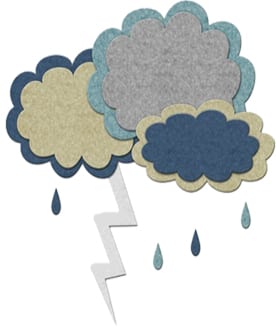 To start, you need to do some brainstorming.
To start, you need to do some brainstorming.